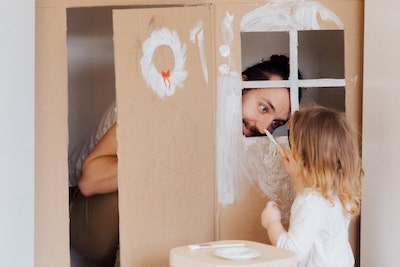The Importance of Play Therapy
Play is the language of children, and it serves as a vital tool in therapy. It’s more than just fun and games—it’s a powerful medium that enhances self-expression, self-awareness, and personal growth. Engaging in play activities boosts our mood, relieves stress, fosters connections with others, sparks creativity, regulates emotions, and bolsters our sense of competence. Moreover, play provides a platform for practicing essential life skills and roles necessary for navigating the world.
Research shows that play is crucial for optimal learning and development. Through play therapy, children can explore and process their thoughts, emotions, and experiences in a safe and supportive environment. By harnessing the inherent therapeutic properties of play, therapists can facilitate healing and promote positive change in children’s lives.


 What Is Play Therapy?
What Is Play Therapy?